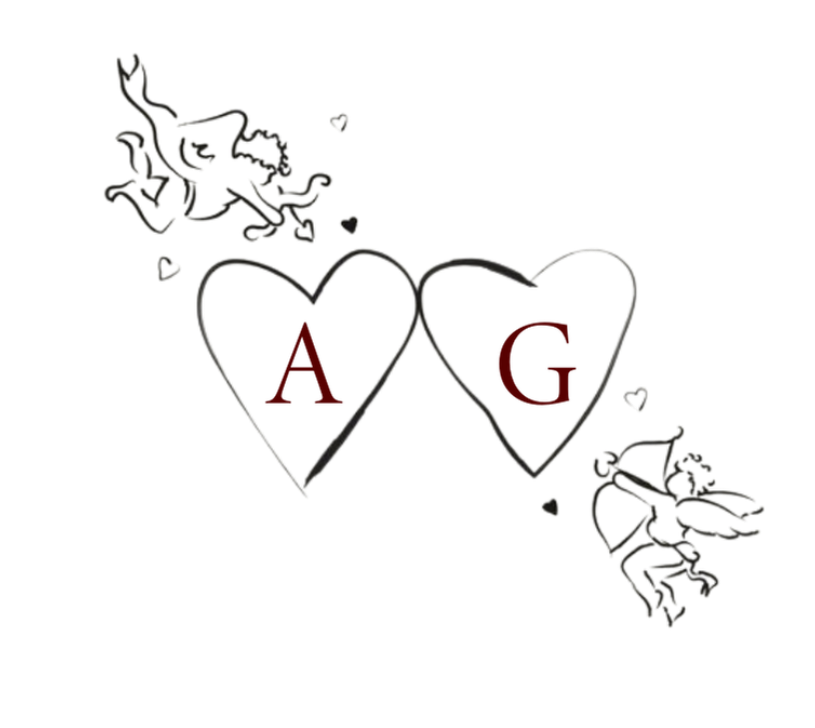essential guide
Do they speak English?
It depends. A lot of the locals will be shy about speaking what little English they know. But you will find that many in bars, restaurants, hotels, tourist offices and major sites will be able to speak English well. If you encounter any difficulties you can always try gesticulating and trying out the French that you know – you will be sure to work most language barriers out!
What time should I go and eat in a restaurant?
In the Dordogne Valley, most locals eat late.
So expect dining from 7pm at the very earliest. 8pm tends to be the time people book a table for.
Also be aware that lunch hours are quite religiously observed (12-2pm) so bear this in mind to avoid disappointment.
When do shops close?
Life moves more slowly in the Dordogne Valley. The 24/7 city culture doesn’t exist here so watch out for the following:
On Sundays small shops will definitely be closed and major supermarkets open only until midday. You will still be able to pick up meat from the butchers or the morning’s croissants from a boulangerie though.
On Mondays, many smaller shops in smaller towns will be shut, as they will have opened on Saturday and the French shopkeepers need a rest! Also, shopping culture is by no means 24/7 so be prepared for small shops to shut completely between 12-2pm for lunch during weekdays.
In general shops open around 10am and shut around 7pm in the evenings.
Is the river clean enough to swim in? Is it safe to swim in?
Absolutely, the Dordogne River is the cleanest in France and has been awarded UNESCO biosphere status- so jump in!
In the summer months, as the Dordogne river serves part of a hydro-electric scheme (with dams in the Corrèze) the current is slowed. Consequently the river is calm and the current slow moving in most parts. There are no white water rapids (or crocodiles).
However, it is a natural river so if you are looking for extra safety, choose the supervised beaches of the Dordogne Valley.
Can I use my credit card everywhere or should I bring cash too?
Like the rest of the world, the Dordogne Valley is increasingly moving toward a cashless society but at a much slower pace. Most sites in the area (castles etc.) will take credit cards as will almost all restaurants. Of course for car boot sales and the like you will need to bring cash and likewise for Farmers’ markets, night markets and day markets in general. Definitely take some cash anyway, as you may find one or two out of the way bars and shops in small villages that don’t take credit cards.
Please note that it is difficult to change your cash (Pounds or Dollars) into Euros as the majority of banks do not offer this service any longer.
Your best bet is to withdraw cash in Euros on arrival.
What are the emergency numbers to contact?
A couple of numbers to keep in mind, in case you have any issue during your stay in France (remember to always start by + 33) :
15 — SAMU (French Emergency Medical Assistance Service)
To call out a medical team for a medical emergency as well as to be referred to a round-the-clock health facility. The SAMU is the coordinated service to call in case of any serious medical emergency.17 — Emergency Police Number.
112 — Unique European emergency number (when calling from mobile phones). You can call 112 when you urgently need an ambulance or the help of the fire brigade or of the police.
